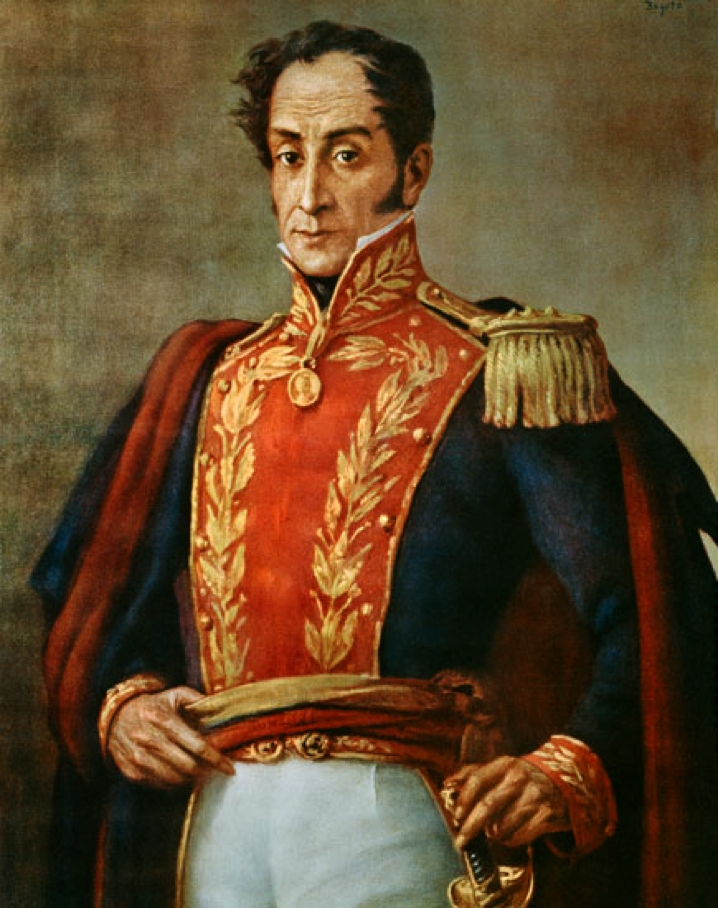Facts about Simón Bolívar
Simón Bolívar Biography
Venezuelan-born Simón Bolívar liberated much of South America from Spanish rule in the 19th century and became one of Latin America’s greatest heroes.
Born to a privileged family, he was orphaned as a child and raised by tutors, among them Simon Rodriguez, who emphasized the Enlightenment and, especially, works by Jean Jacques Rousseau.
Bolívar travelled to Europe (1799-1802 and 1804), where he witnessed the coronation of Napoleon and gradually became drawn to the idea of revolution.
He joined the Venezuelan revolution in 1810 and gained military victories and independence (1813), but in the civil war that followed his forces were defeated by a royalist army (1815).
After exile in Jamaica, he returned to lead rebel forces based in Orinoco. In 1819 he defeated the Spanish and established the republic of Greater Colombia, a federation that included present-day Venezuela, Colombia, Panama and Ecuador.
Further victories in Peru, at Junin and Ayacucho (1824) spelled the end of Spanish rule and Bolívar was the most powerful man on the continent.
His vision of a united South America was never realized; various separatist movements and resentment toward his dictatorial methods prevented political stability and Bolívar resigned as president of Greater Colombia in 1830, just months before dying from tuberculosis.
Extra credit
The country of Bolivia is named for Bolívar.

